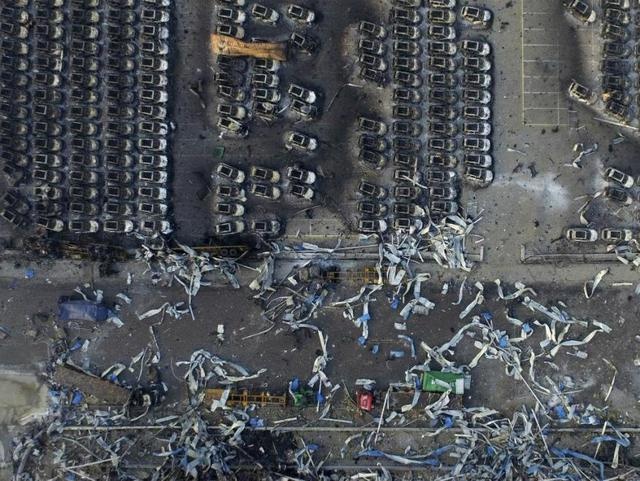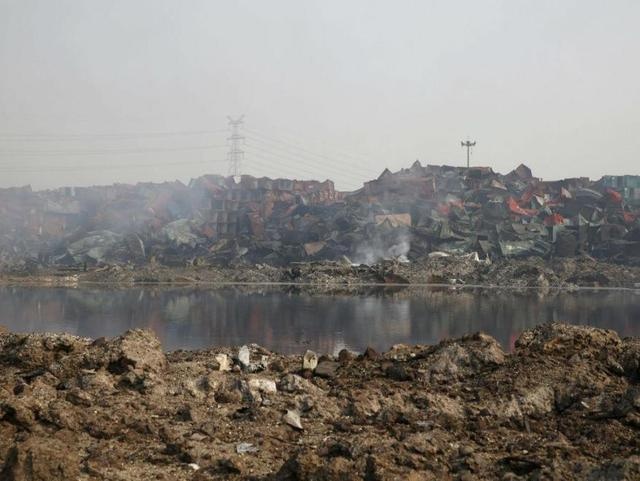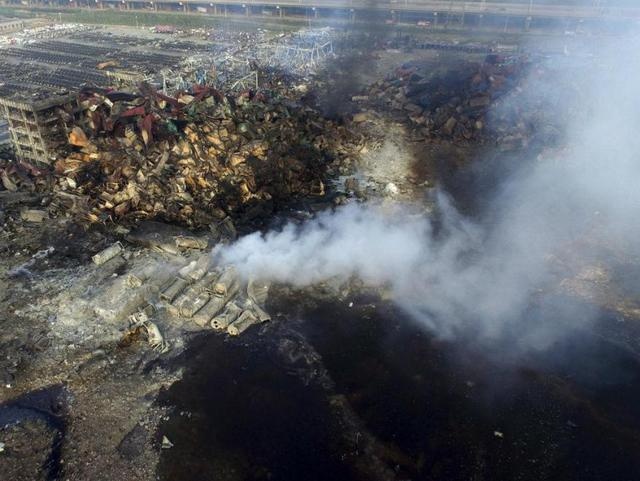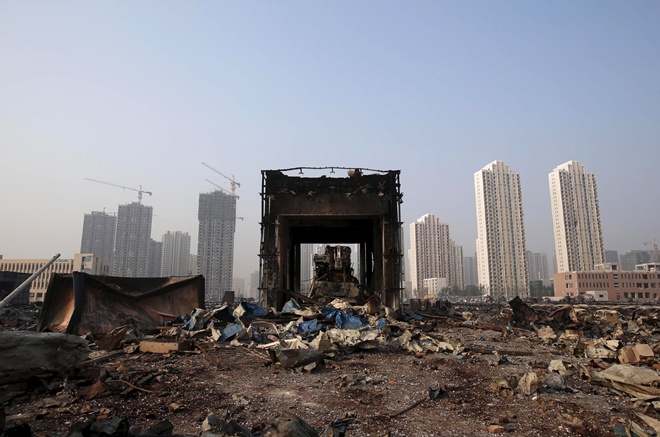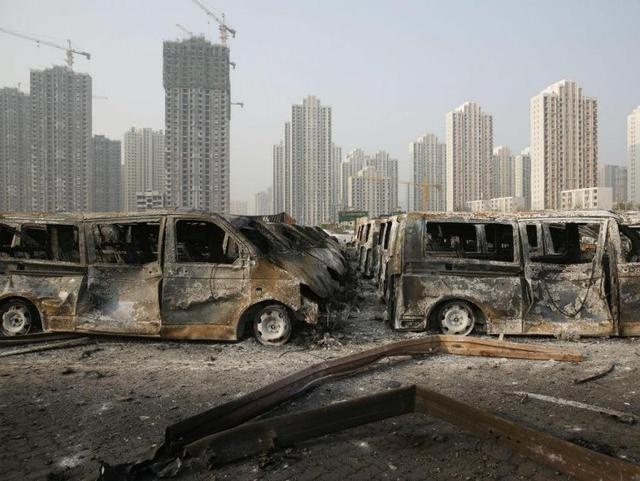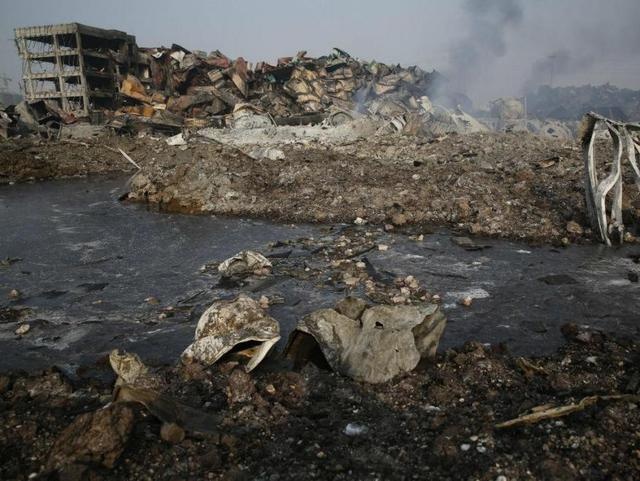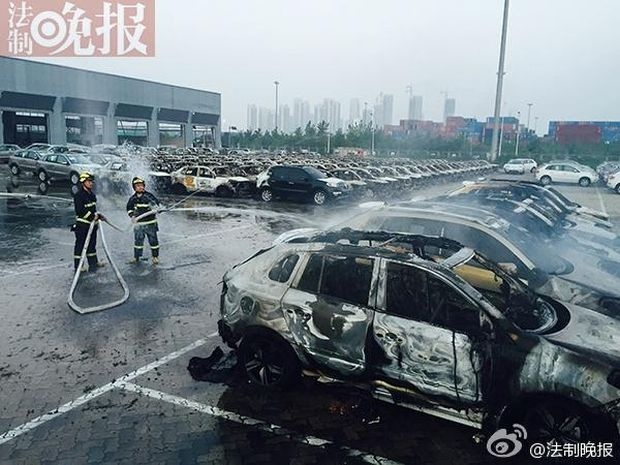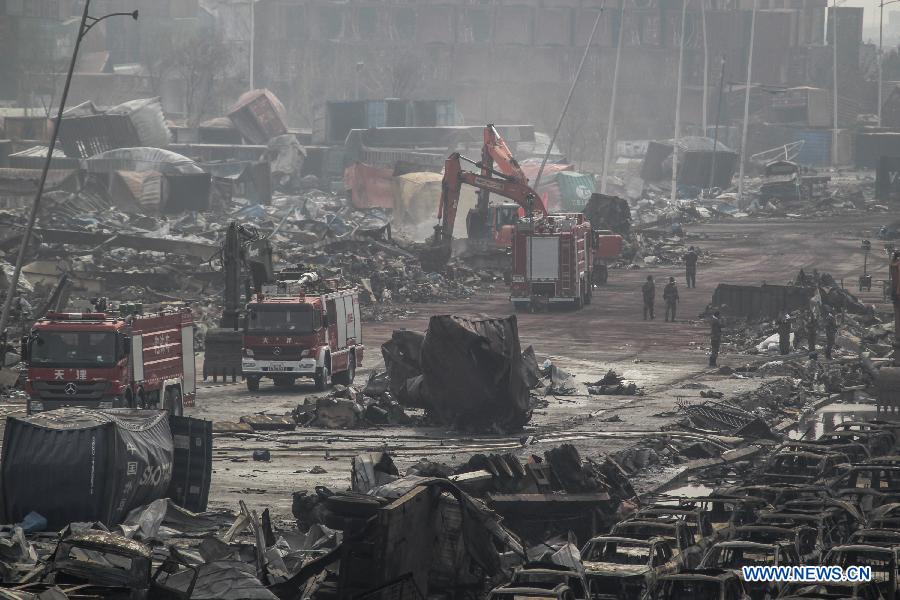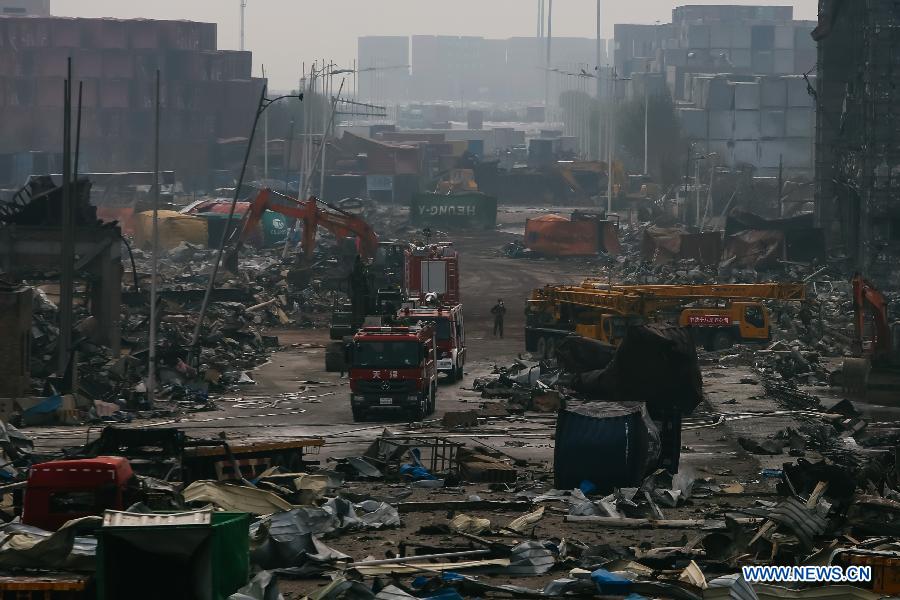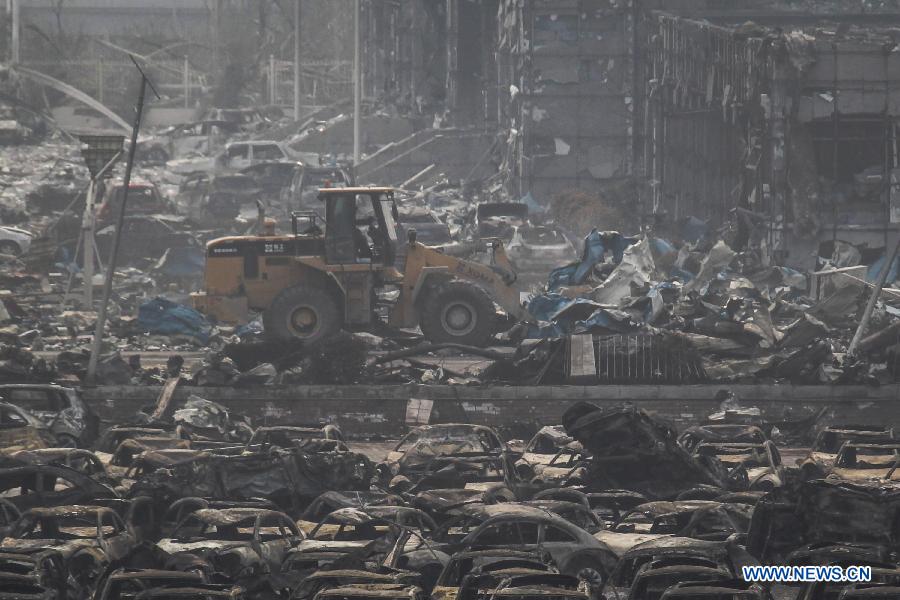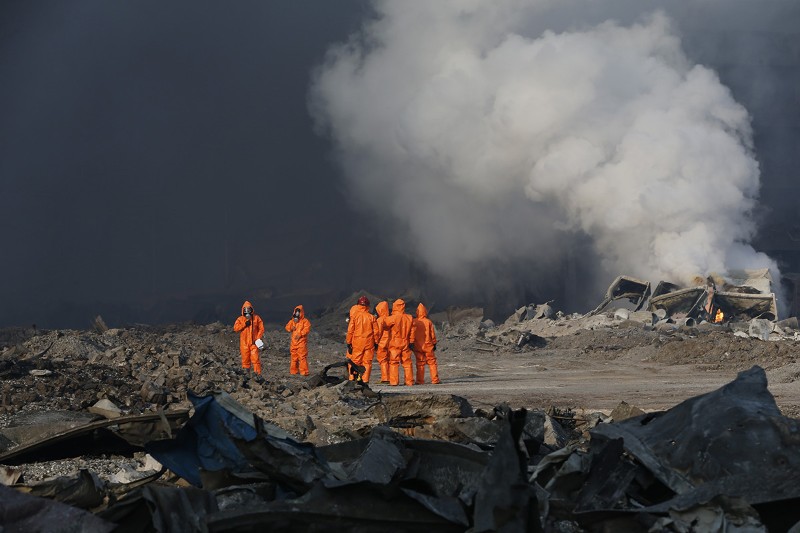
Massive Tianjin chemical blasts prompt Chinese safety audit
The skies lit up over Tianjin, China, during the apocalyptic warehouse blasts that rocked the city on 12 August. At the time of writing, the explosions had claimed at least 56 lives, with some 721 injured people admitted to hospital.
Investigators are trying to identify the chemicals that were stored in the warehouse. Gao Huaiyou, the deputy director of Tianjin’s work safety watchdog, has told the state-run Xinhua news agency that major discrepancies between inventories supplied by its managers and delivery records held by customs officials are hampering that process.
Gao added that Ruihai International Logistics, the warehouse’s owner, had permission to store dangerous chemicals there, including flammable gases and liquids, sodium cyanide, potassium nitrate, calcium carbide and toluene diisocyanate.
Greenpeace Asia says that sodium cyanide is highly toxic, while calcium carbide and toluene diisocyanate react violently on contact with water and have the potential to explode. There is also the risk of inhaling toxic airborne residue, like toluene, from the blasts, says Rick Hind, legislative director of Greenpeace’s toxics campaign.
But the biggest hazard could be the ignition of residual petrochemicals stored in warehouses close to the site of the explosions. Fires are still burning nearby, producing chemicals that mean firefighters must wear protective suits (see photo above). The picture below shows dense smoke rising from burnt-out buildings the day after.
Experts on hazardous chemical storage suggest looking into the measures the warehouse operator took to segregate chemicals that could potential react or explode on contact. “Storing materials that are extremely flammable, highly toxic, as well as thermally unstable, like calcium carbide, alongside flammable chemicals is of great concern,” says Joe Eades of the Ispahan Group, an engineering support firm in Singapore.
“The most common cause of chemical fires is a leaking pipe or container, plus a source of ignition, leading to a fire which then heats neighbouring containers, triggering further explosions,” he says.
Investigators should also be checking whether staff running the warehouse were adequately qualified to handle such hazardous chemicals. “Operators of all other warehouses storing hazardous chemicals should now be asking these questions themselves,” says Eades.
To that end, the Chinese government today launched a nationwide audit of all sites where dangerous chemicals and explosives are stored. In Beijing, the State Council – akin to a cabinet – has urged authorities at all levels to learn “bitter lessons” from the Tianjin blasts and to crack down on any illegal activities that could undermine the safety of chemical storage operations.
Source: www.newscientist.com
Images: RexFeatures/Shutterstock, REUTERS, EPA


